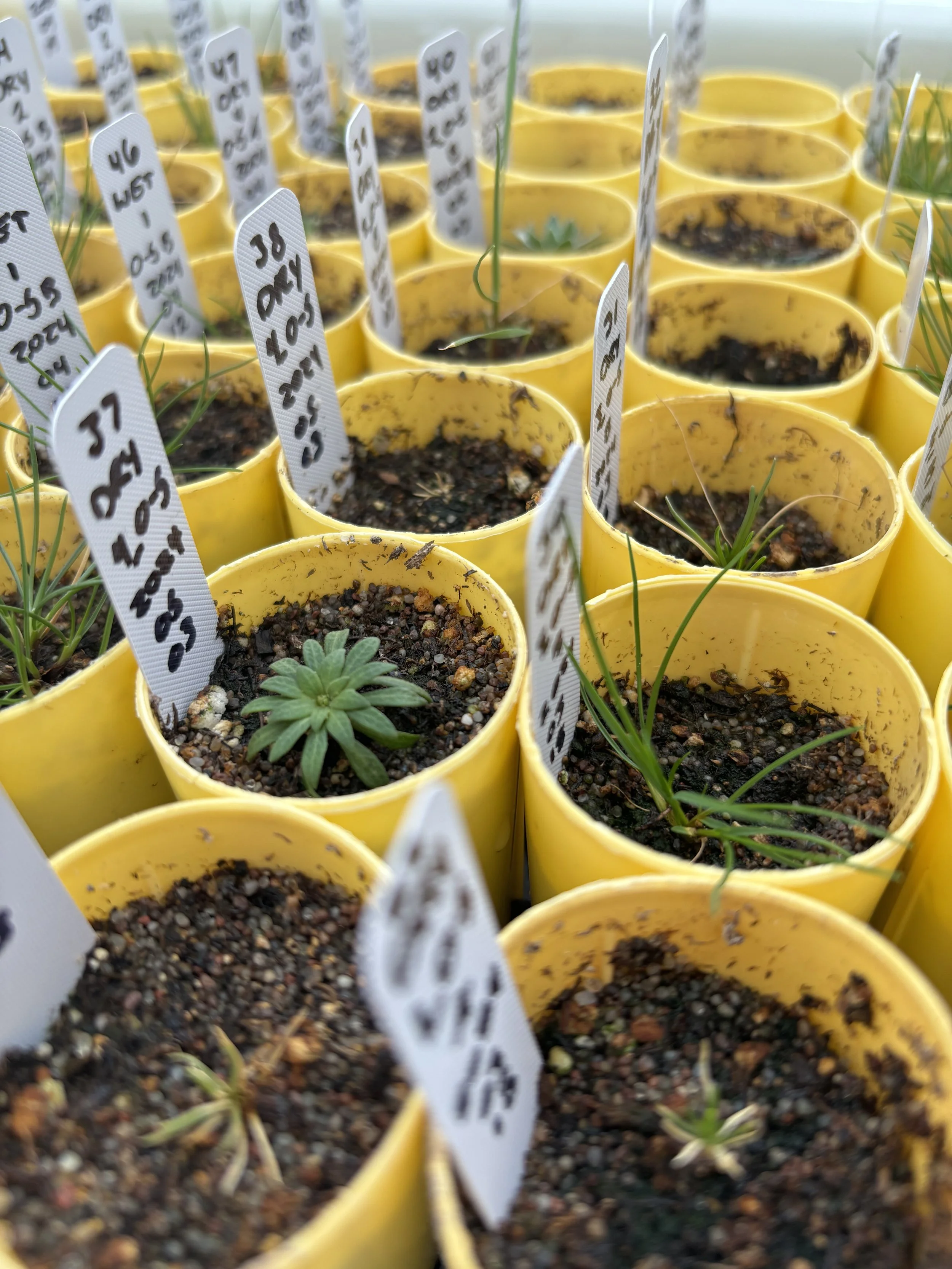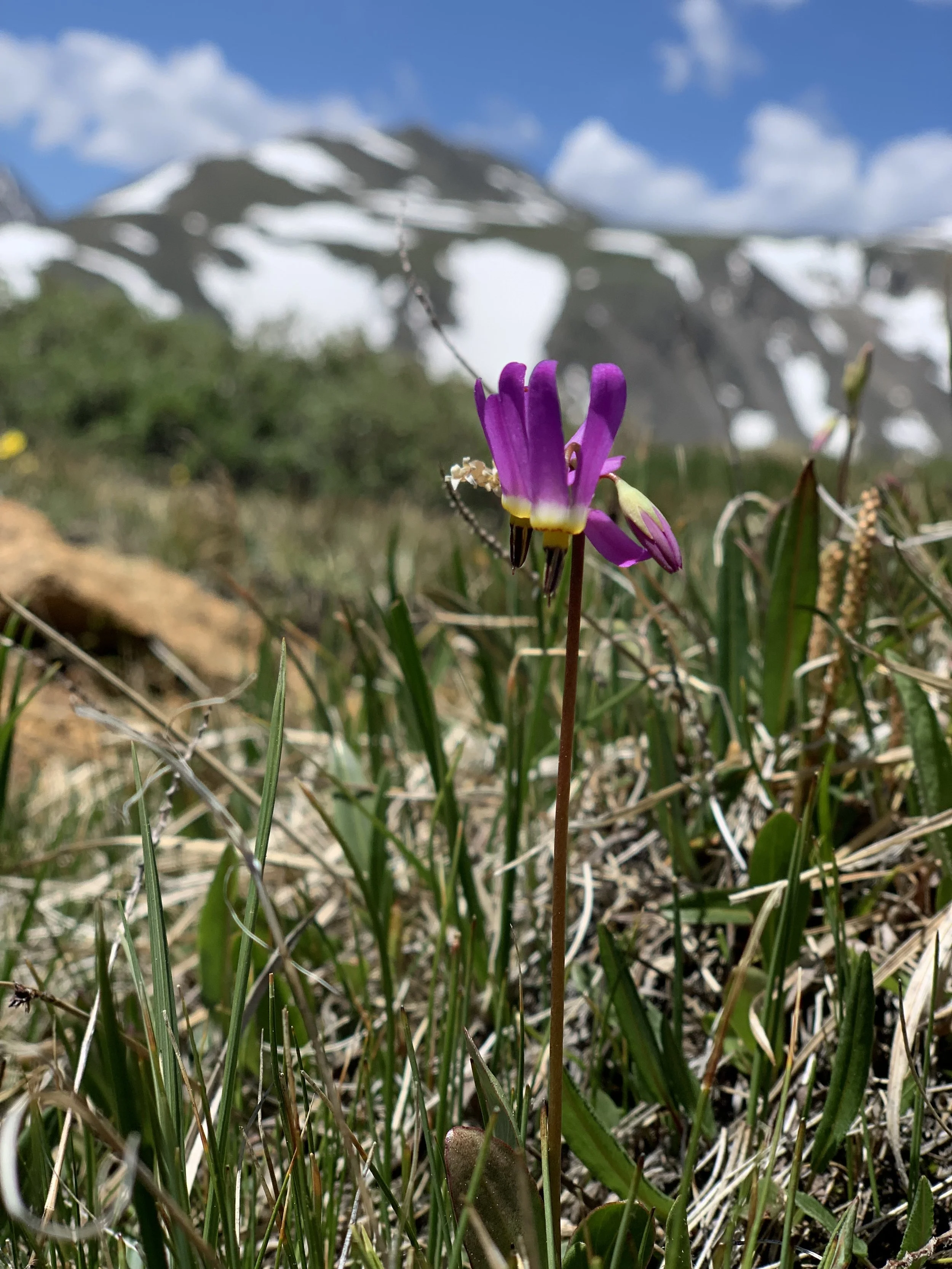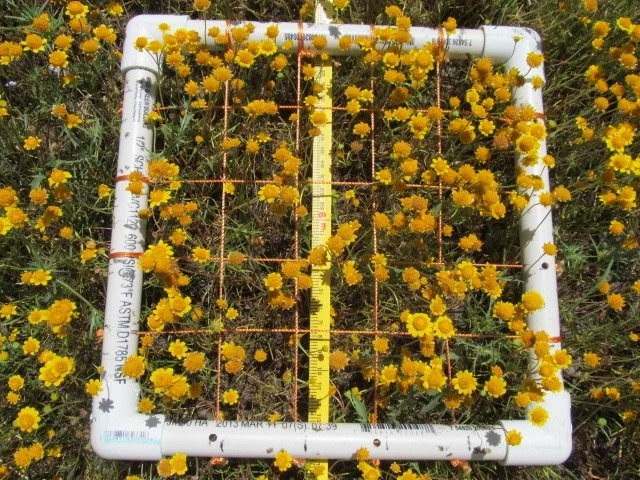
Science at the intersection of ecology, evolution, and conservation
We aim to understand the processes that shape how organisms tolerate extreme conditions and respond to environmental change using field, greenhouse, laboratory, and computational tools.
Major themes in Our Research
We combine short-term experiments, long-term observations, molecular tools, comparative methods, and computational models to study fundamental questions about life history evolution in variable environments.
-

Evolutionary Pathways to Ecological Specialization
We examine how ecological context shapes the expression of genetic variation, patterns of gene flow, and stochastic population dynamics. Taken together, these processes reveal how and when species can thive in rare and extreme environments.
-

Organismal Strategies for Managing Uncertainty
We evaluate the growth and reproductive patterns that allow populations to persist in variable and unpredictable environments. This work tests long-standing hypotheses about the evolution of life history strategies while improving our ability predict responses to future change.
-
Conserving Rare Species in Vanishing Habitats
We study taxa that rely on environmental conditions that are rapidly changing due to human activity. We aim to develop a general understanding of rare plant dynamics while contributing to the conservation and management of specific endangered speces.

Featured Projects

Join Our Team
Are you motivated by curiosity for the natural world?
We’re always looking for careful, thoughtful, responsible, and respectful students to join the lab. Learn more about our team!





